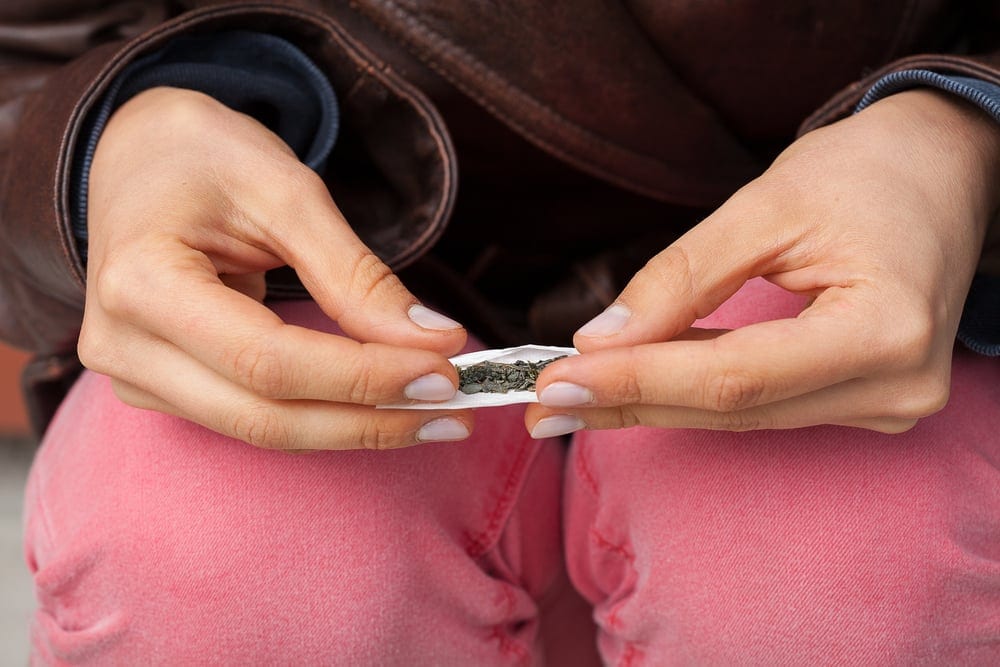Teen drug abuse is something you never thought about, once upon a time. First you were expecting and it was all about choosing tiny onesies and learning Lamaze. Then it was about colic, spitting up, laundry, laundry, laundry, and cutting teeth. The teen years seemed so way off in the distance.
And then they were walking and talking and going to school. They were cute and obedient (most of the time). You couldn’t imagine them doing anything bad ever. Certainly not drugs. You probably figured you were a good parent and those teens on drugs, they have bad parents.
 Because that’s what all parents think. It won’t happen to me. It won’t happen to us.
Because that’s what all parents think. It won’t happen to me. It won’t happen to us.
It’s only later on, when one actually has a teen that the humility kicks in. Teens are just different. They test their wings and rebel on a much wider scale than a two year-old.
Now if you’re wise (and you are or you wouldn’t be reading this), you’ll prepare your head for what’s coming down the pike. Sooner or later, your beautiful, perfect child will be confronted with the drug culture. And he or she may need your help to keep from succumbing to the temptation.

If your teen does give in, you’ll want to get her some help. But first you have to know there’s a problem. It is highly unlikely your teen will TELL you she has a drug problem (Hey, Mom! I tried heroin. It was awesome.) Uh no. So not going to happen.
It helps to have parental radar. But it also helps to have a resource of what to watch for. Hence, this list of 7 early warning signs of teen drug abuse.
7 Early Warning Signs Of Teen Drug Abuse
- Eye Appearance: Bloodshot eyes and huge dilated pupils suggest drug use. Is your teen going through a lot of Visine (eye drops for red, irritated eyes)? She may be attempting to hide her use of drugs.
- School Performance: Is your previously well-behaved child acting up in school? Has she been found out playing hooky? Are her grades dropping?
- Disappearing Items: Has anything strangely gone missing? Money you were sure you stashed away in a safe place? Valuables? Did that prescription you printed out vanish into thin air?
- Behavior changes: Has your life-of-the-party child gone from bubbly to blah? Has he stopped hanging out with friends, preferring the privacy of his bedroom? Does he seem angry a lot of the time, or perhaps sad or just a bit out of it?
- New Friends: Has your teen’s old faithful clique of friends dating back to grade one, suddenly faded into the woodwork, only to be replaced by a brand new group of friends? Does she prefer not to say much about the members of her new gang?
- New Interests: Is your teen no longer interested in what was formerly her main hobby? Has she replaced her old hobby with something new but doesn’t like to talk about it? Do you get the sense she’s lying when she tells you about her new favorite activity?
- Locked Doors: Does your teenager now demand greater privacy? Is he locking his bedroom door where once you were free to come and go (there was nothing to hide). Does he avoid making eye contact with you? Do you catch him doing things on the sly, perhaps taking a sneak peek into your bureau drawer or medicine chest?
So You Think Your Teen Has A Drug Problem?
Finding out your child is taking drugs is first of all scary. But you’ll likely feel a sense of confusion: how could this happen? And yes, anger.
How you relate to your child at this time can make a big difference in getting her back on track. You want to be calm when you first broach the subject with your teenager and you don’t want to have “the talk” when she’s high.
Begin by telling your child about your concerns and let her know you’re worried because you love her. Let her know you support her, no matter what.
Six Things You Can Do To Help
- Make it clear that there are rules and then when rules are broken, there will be consequences. Your kid can’t just use drugs and get away with it. If she uses, she’ll pay the price. The rules should be something you feel confident you can follow through and enforce. You and your spouse need to agree on the rules and consequences before you talk to your child.
- Keep a close eye on what your child does, where she does it, and with whom. Now that she’s used drugs, you have to monitor her behavior and watch for creative places where she might hide her stash. Let your child know that losing her privacy is a direct result of her drug use. It has become your duty to check up on her.
- Find out about healthy activities your teen might enjoy. Sports or clubs can really save the day for a child who’s strayed from the straight and narrow. Have him fill his time with safe and interesting hobbies and social activities.
- Draw out your child on anything that might be bothering her. If your child was having trouble making it socially in school or you just moved to a new city or got a divorce, these are major life-changes that could generate stress and tip a teen over the edge into drug use. Just talking about what’s bugging her, may help free her from nagging stress.
- Turn to the experts. It’s natural for teens to turn their noses up at anything a parent suggests, while a social worker or health care professional may seem less threatening. Maybe your child has a teacher he likes and looks up to, or his football coach? These may be the people you can enlist in your fight to save your child from drug abuse.
- Don’t know where to turn? Call 1-800-662-HELP anywhere in the United States to reach the Substance Abuse and Mental Health Services Administration. They can offer free referrals and guidance on where to turn for help.
